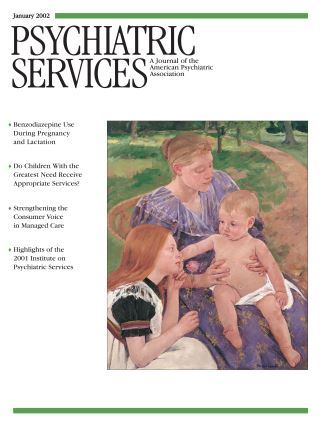As the United States becomes increasingly diverse, neuropsychologists are being challenged to expand their cultural knowledge and skills base to provide accurate assessment, diagnosis, and treatment. The Handbook of Cross-Cultural Neuropsychology is a much-awaited addition to the neuropsychological literature, and it is the first text to specifically address the growing need for a cultural focus in neuropsychological diagnosis and treatment for an increasingly diverse patient population.
Because ethnicity and multicultural considerations have long been neglected in neuropsychological research and practice, this book's very existence is a testament to the growing awareness among researchers and clinicians of the complexity of the issues and the need for a resource that integrates culture in the assessment and treatment of clients who are culturally dissimilar to the clinician. The editors attempt—and generally achieve—the difficult task of integrating these two relatively new and rapidly growing fields, as evidenced by the selection and depth of the topics covered.
The book's five sections contain 21 chapters. The first section reviews theoretical, practical, and training issues in the neuropsychological assessment of the culturally dissimilar client. The second section covers neuropsychological assessment and treatment of diverse populations, including African Americans, Asian Americans, Native Americans, Hispanics, children, elderly people, and gays and lesbians; it also addresses gender effects in neuropsychological assessment. The third section focuses on cross-cultural neuropsychological assessment of patients who have a brain injury, epilepsy, or HIV and includes a thoughtful chapter on the impact of culture and environment on the symptomatic expression of medical disorders.
The focus shifts in the fourth section, which presents issues of cross-cultural application and potential bias in neuropsychological batteries, with specific emphasis on the Halstead-Reitan and Luria Nebraska batteries. The final section, entitled "Special Topics," includes chapters on assessing the Spanish-speaking preschool child, assessing criminal defendants, trends in immigration in the United States, and neurobehavioral disorders and pharmacological interventions.
This volume has a great many strengths, and its few weaknesses are generally minor. For example, the book does not devote sufficient attention to the stratifying effect of socioeconomic status in the consideration of diverse populations. Also, some chapters tend to dwell more on what is not known and why, and give less attention to informing the reader about what is known.
The only item of greater concern to me is that the authors do not support the use of interpreters; instead they emphasize that there are not enough bilingual neuropsychologists to meet the need. Having used the services of interpreters, I am aware of how much more time and effort are needed to complete an interview or assessment. However, I have found that trained interpreters are professionals who can provide invaluable linguistic as well as cultural assistance. In the authors' discussion of interpreters, they do not specify whether they are talking about interpreters and neuropsychologists who are trained to work with one another. Moreover, being a bilingual or bicultural neuropsychologist does not necessarily ensure that one will conduct a nonbiased evaluation.
My suggestion is that until enough bilingual, nonbiased neuropsychologists are available to meet the need, future editions of the handbook devote some attention to educating neuropsychologists on the use of interpreters and to promoting the use of trained interpreters only.
Neuropsychology and cross-cultural psychology are both relatively new subdisciplines, and, as in any other discipline in the early stages of development, the focus at this point is on gathering data and processing information at a relatively superficial level. Over time, as these fields mature, they will acquire increasing depth, which will be reflected in the literature. Whereas some texts review well-known topics and cover well-traveled paths, this book moves into new territory and, in so doing, moves the profession as a whole forward.
The Handbook of Cross-Cultural Neuropsychology was written by and for neuropsychologists, and I strongly recommend this book for neuropsychologists and trainees. Given the specificity of the topics, professionals in related fields are advised to seek handbooks that address cross-cultural issues in their respective disciplines.

